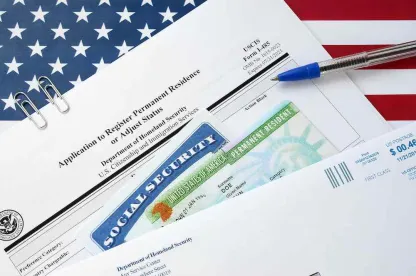Based on a recent hearing in a lawsuit challenging certain EB-5 regulations, it appears the regulations may be struck down due to the illegal appointment of Department of Homeland Security (DHS) Secretaries by the Trump Administration.[1] Enacted on Nov. 21, 2019, the regulations at issue had increased investment amounts from $500,000 to $900,000 for investments in a targeted employment area (TEA), restricted the ability for investments to be considered within a TEA, and made other changes to the EB-5 visa category. This is the second lawsuit to challenge these EB-5 regulations, the first of which was filed in November 2019.[2] The government in that earlier lawsuit survived a preliminary injunction request on a different basis, one related to the economic harm of the new regulations, as opposed to whether or not DHS had a lawfully appointed secretary.
During the hearing, the U.S. Magistrate Judge reviewing the lawsuit focused on whether the DHS secretaries involved in promulgating the regulations had the proper authority. The regulations were proposed under acting DHS Secretary Kevin McAleenan, and the final rule was issued by Acting DHS Secretary Chad Wolf. Multiple federal courts and the Government Accountability Office (GAO) have found that McAleenan and Wolf were improperly appointed. Because neither McAleenan nor Wolf had the property authority to issue the regulations, the regulations are invalid.
According to the magistrate judge, if she rules in favor of the plaintiffs challenging the regulations, there would need to be a remedy agreed to by the plaintiffs and defendants on winding down the regulations. Further briefing has been ordered by the judge, and a hearing date has been scheduled for May 6, however, the judge may issue a final ruling based on the briefs alone. The judge requested the parties to brief remedies if the regulations were invalidated, a strong indicator of the outcome.
If the regulations are struck down, there is likely no negative effect on I-526 petitions filed by EB-5 visa applicants after Nov. 21, 2019, as the new regulations were inclusive of the old regulations. In other words, all I-526 petitions that qualify under the new regulations should still qualify based on the old regulations.
[1] Behring Regional Center LLC v. Wolf et al., No. 3:20-cv-09263 (N.D. Cal.).
[2] Florida EB5 Investments, LLC v. Wolf et al., No. 1:2019cv03573 (D.D.C.).



 />i
/>i
